Course Overview
The aim of this suite of qualifications is to provide learners with an understanding of coaching and its role in supporting health. Learners will develop practical skills for a career in the professional coaching space, including executive coaching, business coaching, mentoring and leadership, as well as nutrition, health and wellbeing coaching. These qualifications are ideal for those progressing from holistic and complementary therapies, or in leadership roles, corporate wellbeing, and health professionals looking to complement their current practice with client led coaching.
Successful completion of the BATHE Level 5 Certificate in Human Nutrition and Gut Microbiome and the BATHE Level 5 Certificate in Wellbeing Coaching provide learners with occupational skills for employment or to progress to further study.
Graduates have multiple top industry accreditation and recognition options, including the International Coach Federation (ICF), UK and International Health Coaching Association (UKIHCA), and Personalised Care Institute (PCI).
Units
- Mental Health and Trauma Awareness
- Coach Training for Professional Accreditation
Learning Outcomes
- Mental Health and Trauma Awareness: develop their understanding of mental health conditions and become aware of the community resources available. Learners will also understand the importance of being trauma informed as a coach.
- Coach Training for Professional Accreditation: understand the role of a coach, demonstrate how to run an effective coaching session while reflecting ICF core competencies and coaching scope of practice.
Entry Requirements
Approved Centres are responsible for reviewing and making decisions as to the applicant’s ability to complete the learning programme successfully and meet the demands of the qualification. The initial assessment by the centre will need to consider the support that is readily available or can be made available to meet individual learner needs as appropriate.
The qualification has been designed to be accessible without artificial barriers that restrict access. For this qualification, applicants must be aged 18 or over.
